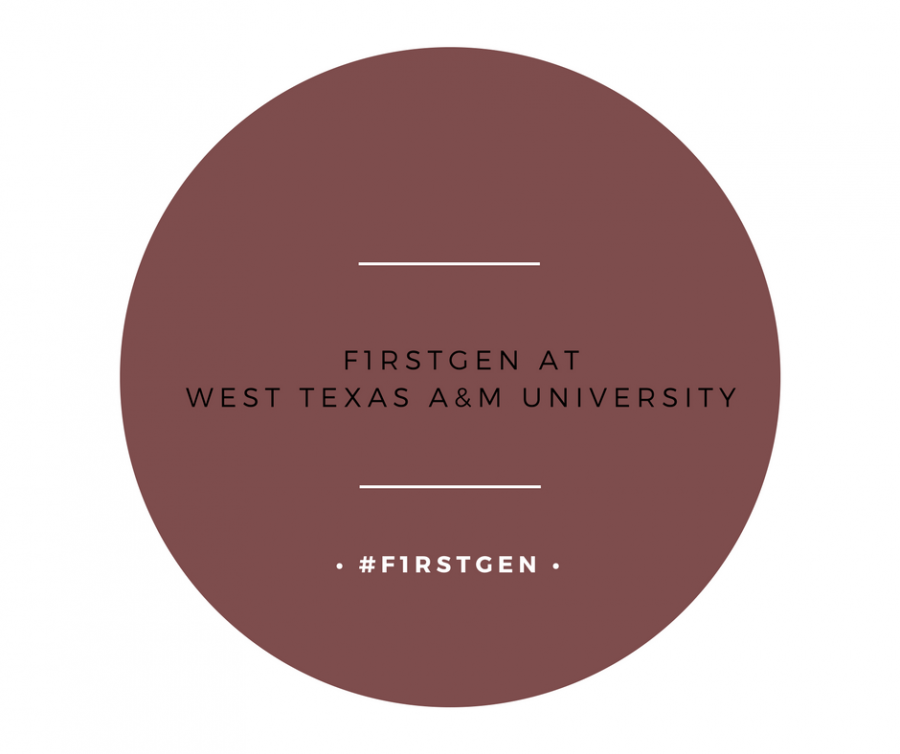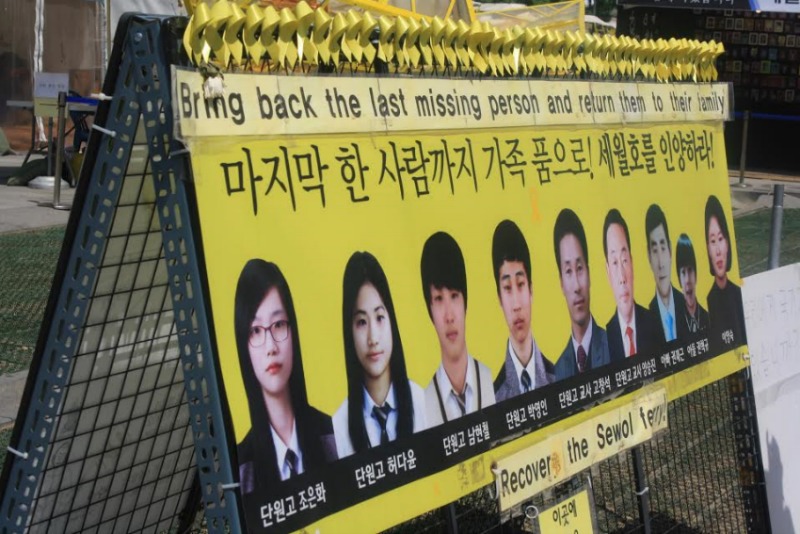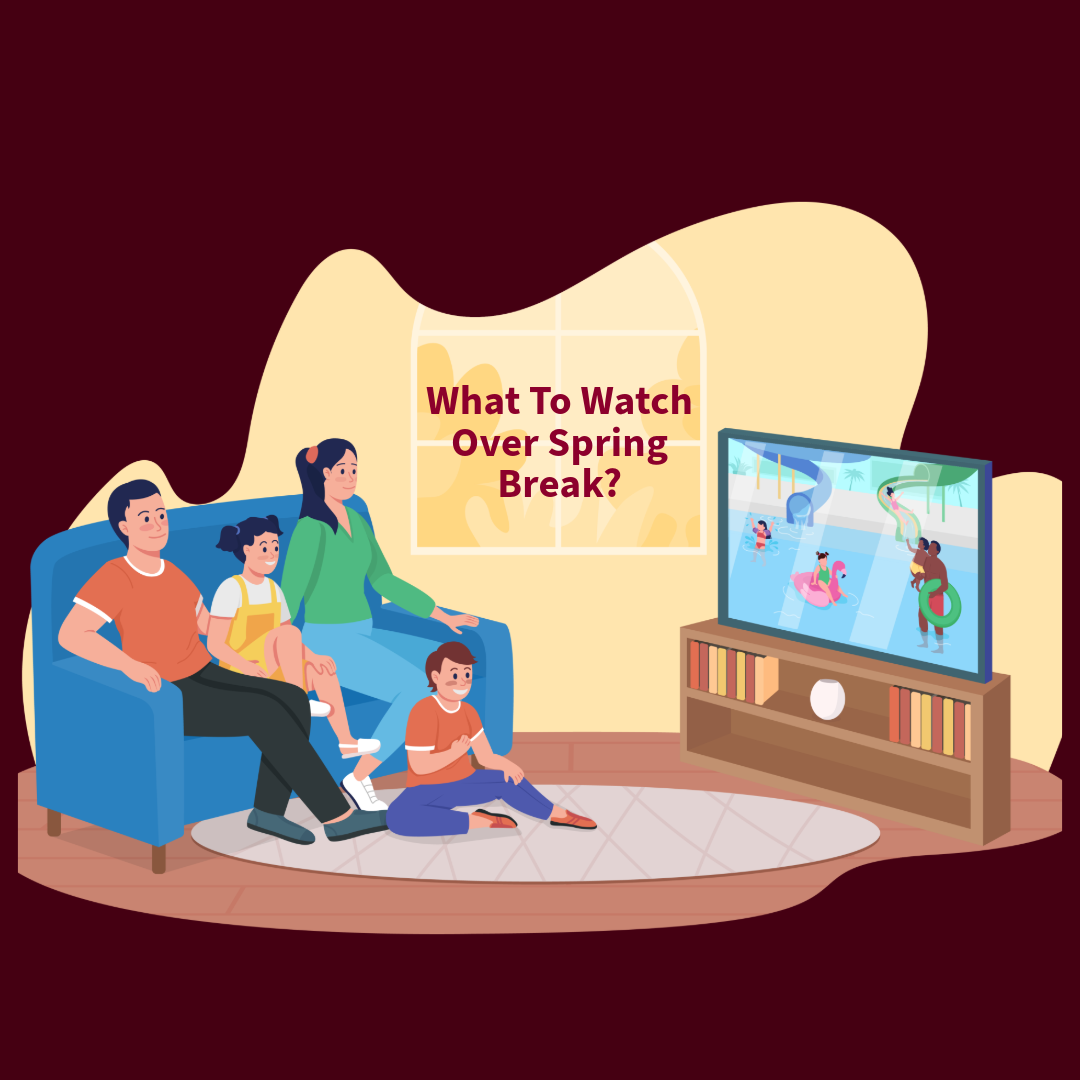
People seem to develop oddly emotional relationships with their electronics. I can’t count the number of times I’ve seen someone angrily whack a TV with bad reception, desperately beg a bluescreening PC to live, or excitedly preening over a shiny new iWhatever. It makes sense, I suppose, since technology has become such an ubiquitous part of our existence, here in America at least, that we sometimes see our little gadgets and gizmos as more than just gizmos and gadgets. As science marches ever onward, the tech keeps getting better and the devices we hold so dear become more personal. Siri and other similar programs already take their orders in a conversational manner, even calling the user by name. How long before Siri starts talking back, and I mean actual intelligent conversation instead of canned, preprogrammed answers. Her is a science-fiction romantic comedy/drama (Sci-Fi romcomdram, if you will) set in the not too distant future where a nebbish and lonely professional letter writer played by Joaquin Phoenix acquires an artificially-intelligent OS. From that fateful software purchase, the movie follows a rollercoaster plot full of emotion and dramatic turns.
The movie opens with Theodore Twombly, our protagonist, giving a long heartfelt speech proclaiming his long lasting love for his partner, though the dialogue doesn’t quite match to his appearance since he mentions their relationship beginning fifty years ago while looking at least in his thirties. As the camera pulls back, it reveals Theodore at a desk, penning a love letter using his voice. Theodore’s job, one he’s apparently very good at, is writing people’s letters for them. Despite his chipper appearance, he drops the façade to reveal his discontent as soon as he hits the elevator and requests a melancholy song from his personal device, which takes the shape of a small orange and white earbud with an accompanying touchscreen booklet. In his spacious apartment he plays a videogame, which is projected to fill up the vast living room and controlled with his motions.
Once in bed, Theodore finds himself lonely and unable to sleep, so he uses his earbud to access what appears to be a phone-sex matchmaking service and browses for a potential “date.” An absolutely hilarious scene follows, I don’t want to spoil the punch line here but needless to say Theodore finds himself unsatisfied.The story’s plot takes off when Theodore notices a kiosk advertising OS-1, the world’s first artificial intelligence based operating system. Curious, he makes the purchase and hurries home to install the software. After answering a few questions, one oddly about his relationship with his mother, the robotic voice asks if Theodore would prefer a male or female voice, and our lonely writer opts for the latter. Out of thin air our, and Theodore’s, ears are filled with the voice of the new conscious, provided by Scarlett Johansson. Asking if the OS has a name, she responds quickly with Samantha, a name she chose for herself by browsing baby naming books in the brief pause after Theodore’s question. The two immediately bond and Samantha begins acting more or less as a personal secretary and assistant for Theodore; organizing his computer, reading him email, reminding him of events on his calendar, and all the other things you’d expect of a robot sidekick. Not all is mechanical, however. The two share frequent conversations about all sorts of topics, and Samantha delights in seeing the world through the camera in Theodore’s device.
The movie’s story follows the dramatic twists and turns in the developing relationship between Theodore and Samantha, who quickly makes it obvious that she is more than just a computer. Better experienced firsthand, I won’t elaborate more on the granular details of the plot and allow you to absorb them yourself if you choose to see Her. Instead I’d like to take a look at the bigger picture of the movie itself, and it does a wonderful job of presenting its themes across the silver screen.
The idea of an artificial construct that can think and learn and grow, just as a human does, is not new to the realm of science fiction. Machines that can think for themselves have been portrayed in all different lights; as sympathetic and kind such as David in AI, or as homicidally insane like GLADoS from Portal. Oftentimes characters will be wary of an AI, seeing it as potentially dangerous and wondering when it will refuse to open the pod-bay doors. Those of us living in the real world can hardly fault the intrepid astronauts for mistrusting their electric companions; anyone who goes through life in the 21st century without experiencing some kind of computer difficulty is living a blessed life indeed, yet the character of Samantha, with her quirky and inquisitive personality and infectious zeal for life, finds her way into the hearts of both Theodore and audience members alike, though having Johansson’s voice probably helps.
The very idea of falling in love with a being that exists purely cyberspace may seem ludicrous to many in 2014, but Theodore and many others take to it naturally in the film. Theodore’s friends and coworkers don’t bat an eye when he mentions he’s dating an AI, and there are background mentions of people marrying their own OS. A surrogate dating service, which provides a person to act as the OS’s body, quickly becomes a thing and plays a role in a pivotal scene. The line of what is human and what is not becomes very hard to draw, if it can be drawn at all, when the entities in question possess the very same emotions as the humans they interact with. Samantha herself struggles with the realities of her existence, asking Theodore increasingly difficult questions about their lives as the film progresses.
Many scenes involve Theodore completely absorbed with the little voice in his ear, to the point that the background audio is even muffled. We hardly see him interacting with other people, primarily his coworkers and two friends that make up the majority of the film’s sparse cast, and in those conversations Theodore almost seems pent up or restrained, the complete opposite of the wide open honesty he shares with Samantha. As the film progresses we see many others more focused on whatever is in their earbud than the world around them, mirroring the dazed face-buried-in-phone posture that we have become familiar with since the advent of the smartphone. Theodore’s soon-to-be ex-wife even criticizes him for dating an OS, claiming the relationship as a refuge from real people and real problems.
Just as with a stage play, the backdrop for the story can make or break a film and the vision of the future presented in Her makes an excellent setting for Theodore’s emotional journey. Ostensibly set in a near-future version of Los Angeles, an astute viewer will pick up on minor details that truly cement the feel of the city. The style of the technology, clothing, and buildings smacks of a retro-throwback to the 70’s and 80’s with lots of bright orange colors in Theodore’s wardrobe, the ever persistent white/smooth curves/and glass style popularized by Apple, with touches of older-fashioned tastes. The computers in Theodore’s office look like iMacs with screens encased in wood paneling that would feel at home in the 1970’s. Theodore frequently finds himself on an elevated-rail train that speeds past skyscrapers high over the streets, and apparently America has a much more developed system of rail transport as he uses the train to go to the beach and even a secluded cabin in the woods. While those of us that live in Texas wouldn’t be too surprised to see signs in English and Spanish, some of the signs in Her clearly display English and Chinese text, and the ethnic makeup of the background crowds seems to have a significant proportion of Asians. Despite the antiquated style, technology has progressed well in America.
The aforementioned video game features crisply projected images that fill Theodore’s living room with the game, and a foulmouthed little alien character that guides Theodore while intelligently responding to his words, usually questioning his manhood and making lewd allusions to activities with his mother. The projection also doubles as a normal browser, which Theodore uses to browse pictures of a potential blind date Wi-Fi access is basically omnipresent, even in a cabin in the mountains Theodore can still use his device just as normally as he does all over Los Angeles and the download speeds seem phenomenal (especially to someone stuck on dorm internet.) Even the download and installation of an artificial intelligence takes no more than a few minutes.
If you never thought a robot could invoke an emotional response from an audience, Her is the movie to prove you wrong. The ups and downs, elation and sadness of the film prepares doesn’t just tug at your heartstrings, it takes a bow and plays them like a violin. Spectacular acting, especially on the part of voice-only Scarlett Johansson, and intelligent writing and directing from Spike Jonze meld together for an excellent cinematic experience that conveys a story, not only of love and loss, but humanity in the most unlikely places. As someone who holds a general disdain for romantic comedies and knew nearly nothing about the movie going into the theatre, I was more than pleasantly surprised by Her and definitely give it a recommendation to anyone who will listen.













